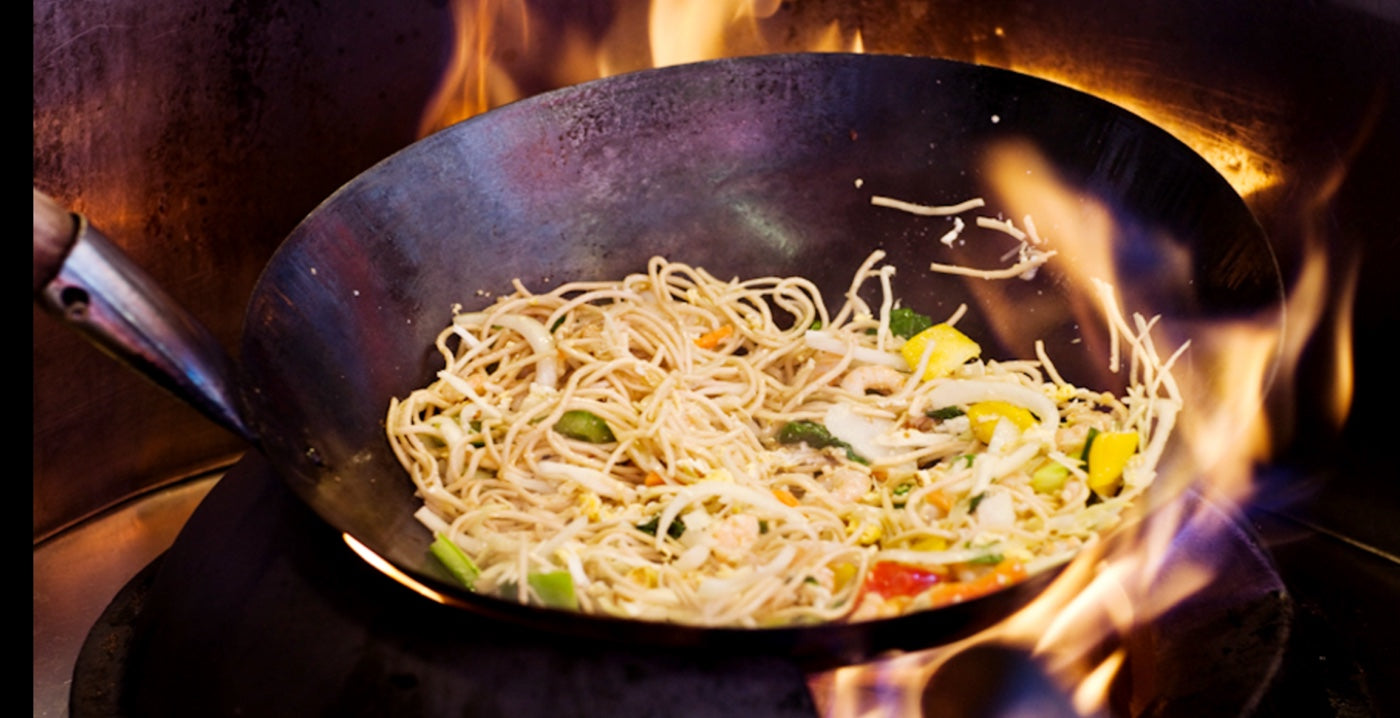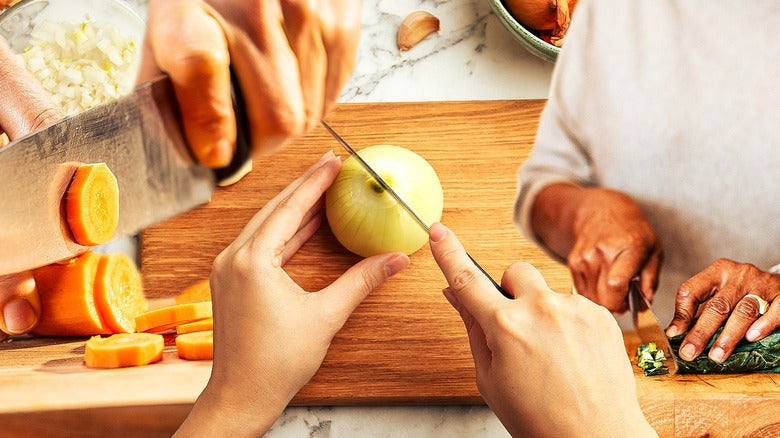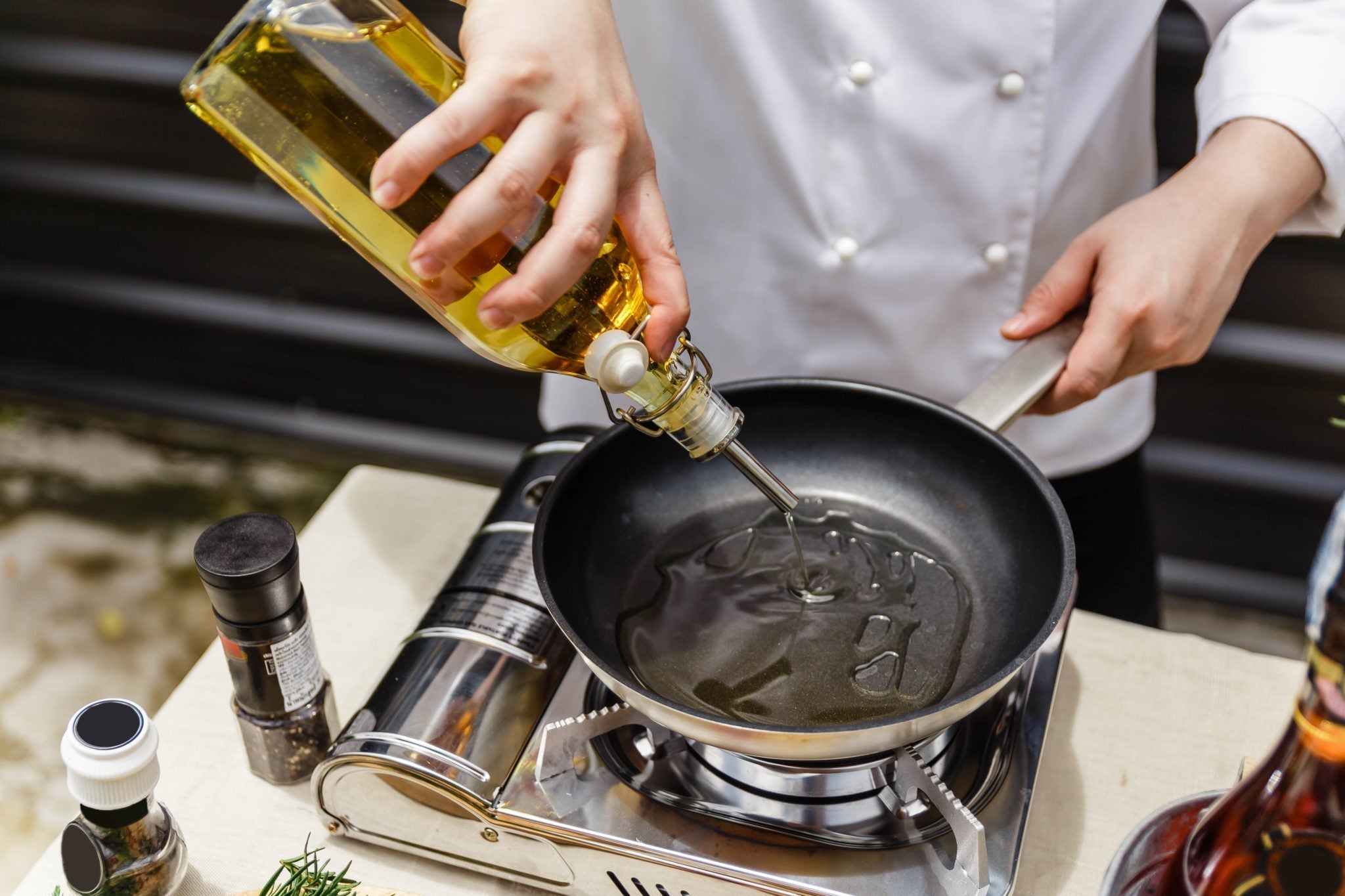Woks are indispensable tools for kitchen professionals, renowned for their versatility in preparing various dishes. However, one of the recurring issues faced by many is the dreaded problem of rust. In this article, we will delve deep into how to prevent wok from rusting and maintain it in top-notch condition, ensuring your cooking experience remains seamless and flavorful. Knowing the right care techniques can save you both time and money, making it imperative for culinary experts to master this art.
As moisture and exposure to various cooking elements can lead to rust buildup, understanding the underlying causes is crucial. In this guide, we not only discuss preventive measures but also explore the necessary steps for restoration should rust appear. Lets dive into the ways we can keep your wok rust-free, allowing for wonderful culinary experiences.

Understanding the Rusting Process
Before we explore the prevention techniques, it is essential to understand why woks rust in the first place. Woks, commonly made from materials like carbon steel and cast iron, are prone to rust when they come in contact with moisture, air, and certain acidic foods. The process of oxidation leads to the formation of rust, damaging the surface and affecting the flavor of your dishes.
Kitchen professionals often overlook the importance of proper wok care, which can lead to more significant issues over time. Implementing a proactive approach to maintaining your wok will extend its life significantly.
Proper Cleaning Techniques
One of the primary steps in preventing wok rust is proper cleaning. Here are some guidelines:
- Use Warm Water: After cooking, allow your wok to cool, then rinse it with warm water. Avoid soap, as it can strip the seasoning.
- Soft Cleaning Tools: Use a bamboo brush or a soft sponge to remove food residue without scratching the surface. For more details, check out my post on cleaning with a bamboo brush.
- Thorough Drying: After cleaning, make sure your wok is completely dry. You can place it on the stove over low heat for a few minutes to evaporate any leftover moisture.
Seasoning Your Wok
Seasoning is a critical process in preventing rust on your wok. A well-seasoned wok creates a natural non-stick surface and protects against moisture exposure. Heres how to season your wok:
- Use Oil: Choose a high smoke point oil like canola or peanut oil. Apply a thin layer over the surface of your clean, dry wok.
- Heat it Up: Heat the wok until it begins to smoke. This process enables the oil to bond with the metal.
- Repeat Regularly: Regular seasoning not only prevents rust but enhances flavor. For a detailed guide on seasoning, see my article on seasoning.
Storing Your Wok Safely
How you store your wok can also impact its longevity. Consider these tips:
- Avoid Damp Areas: Store your wok in a dry environment. Moist cabinets or drawers can promote rust.
- Use a Liner: Place a layer of paper towel between the wok and any other cookware to absorb moisture and protect the surface.
- Dont Stack with Wet Cookware: If you need to stack, ensure everything is completely dry to avoid trapping moisture.
Understanding the Cooking Process
The types of dishes you cook can also play a role in rust formation. Acidic foods can erode the seasoning over time:
- Limit Acids: When preparing dishes that require vinegar or citrus, its advisable to use a different pan or limit contact time with the wok.
- Quick Cooking: Stir-frying at high temperatures minimizes moisture retention, thus reducing the chances of rusting.

Restoring a Rusted Wok
If rust does appear, dont despair. Theres a method to restore your wok:
- Scrub Away Rust: Use a fine steel wool or scrubber to remove rust. Ensure you are gentle and remove only the affected areas.
- Wash and Dry: Once the rust is eliminated, wash your wok thoroughly and make sure it is completely dry.
- Re-season: Follow the seasoning process again to restore the protective layer.
For further insights on wok care and cooking tips, check out this resource on cooking with a wok.
Best Wok Options for Kitchen Professionals
Choosing the right wok can also play a vital role in preventing rust. Here are some materials to consider:
- Carbon Steel: This is a preferred choice as it heats evenly and is relatively easy to maintain.
- Cast Iron: Cast iron woks are excellent for heat retention but require more maintenance to prevent rust.
- Non-stick Variants: While convenient, non-stick woks may not have the same longevity as traditional options. Plus, seasoning is not possible.
For further details on how to choose the right wok, visit this guide.
Frequently Asked Questions (FAQ)
1. How often should I season my wok?
It is recommended to season your wok every few uses, especially if you notice food sticking or the surface looking dull.
2. Can I use soap on my wok?
No, using soap strips the seasoning layer. Always opt for warm water and soft scrubbers.
3. What is the best oil for seasoning my wok?
Oils with high smoke points like peanut or canola oil are ideal for seasoning.
As an Amazon Associate, I earn from qualifying purchases.






Leave a comment
This site is protected by hCaptcha and the hCaptcha Privacy Policy and Terms of Service apply.